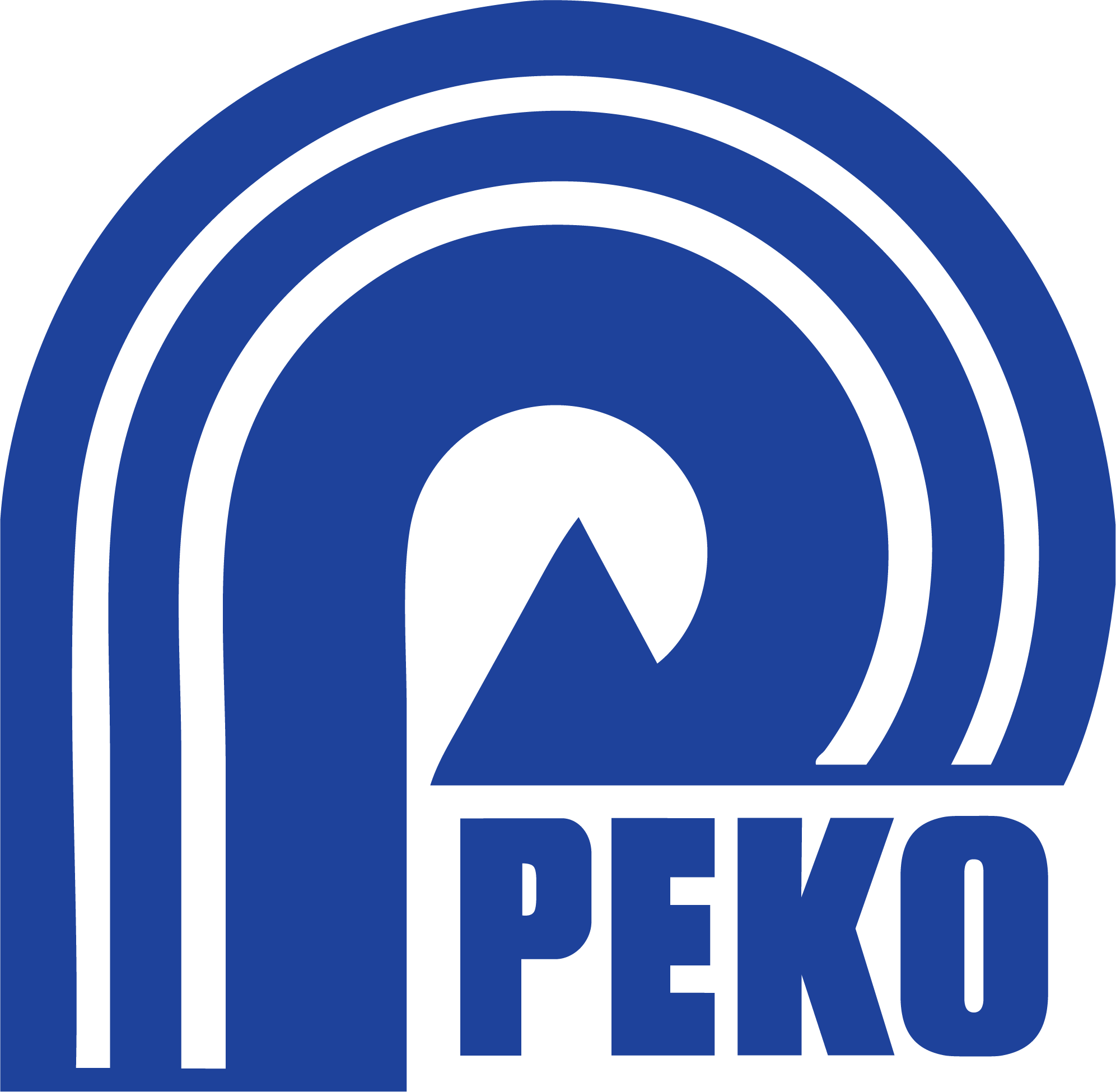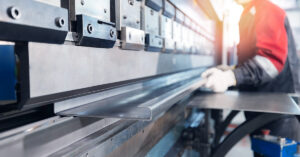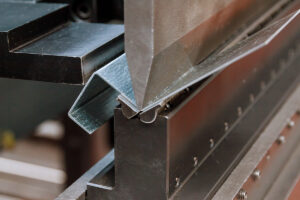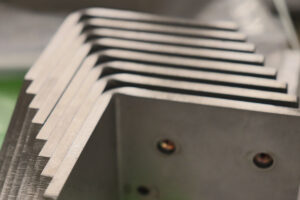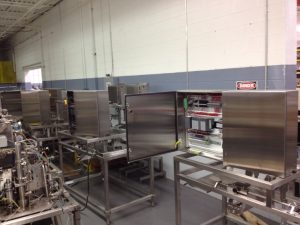
Using fabricated sheet metal for manufacturing equipment, machinery, and other assembled parts can save time, money and be the best option for many jobs. Stainless, aluminum, galvanneal, copper and other metals can easily be formed. A good sheet metal shop will have cutting, forming, punching, welding, grinding, powder coating and other capabilities. There will be robust MRP systems for managing and routing the products. A quality system will ensure customer specifications and requirements are met in full compliance.
Traditionally, sheet metal fabrication shops have been a local affair. Local suppliers can sell to larger OEMs down the street. Product is formed and shipped straight to the OEM customer, sometimes even on a truck owned by the employee. But with each downturn in the economy and higher volume sheet metal work moving offshore, the local sheet metal shops are shutting their doors or running on fumes. This is a very sad turn of events for American manufacturing. It is important for sheet metal fabricators to understand the climate of their marketplace and adjust their business accordingly.
A great way for skilled sheet metal fabrication companies to adjust is to offer low volume sheet metal subassemblies. A major problem with sheet metal is the shipping. Large, formed parts can take up an incredible amount of room in a truck compared to their value. Pieces like frames, skins, panels, and other large, formed parts are major offenders in this category. Especially if they cannot be stacked. By putting all of these on a truck, you are essentially shipping (and paying for) a whole lot of air. Enter sheet metal assembly.
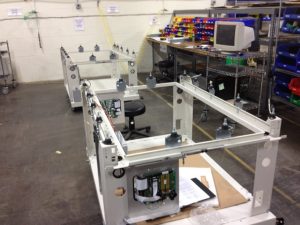
Finding a fabricator or a contract manufacturer that can do more value add than the basic fabrication is an excellent way to reap benefits in this category. For the OEM customer, they can get a more complete product, without paying to simply ship an easy formed part and pay for it. For the sheet metal fabrication supplier, they can provide more services to stay competitive in their difficult market. A great use of these methods, for a simple example, is providing a formed sheet metal frame, then populating it with stamped brackets, pem nuts, press pins, casters, and other hardware. Some CMs, like PEKO, can offer an even more complete solution by providing the electrical harnesses, machined and welded parts, electronic sub-assemblies, and electrical wiring. Depending on the sophistication of the fabricator, there can be a wide variety of options. The moral of the story is that using creative suppliers in an efficient supply chain is a great way to leverage value add assembly for both the OEM customer and the fabricator.
Local and national fabricators alike can all benefit from offering value add assembly services in addition to simple sheet metal forming. By pursuing these avenues, competitiveness increases as does the ability to expand into larger geographical markets. The OEM customer can have sub-assemblies delivered right to their line and eliminate major portions of the supply chain. For more information on how PEKO has been providing sheet metal assemblies and sub-assemblies for decades, contact us today.
